News
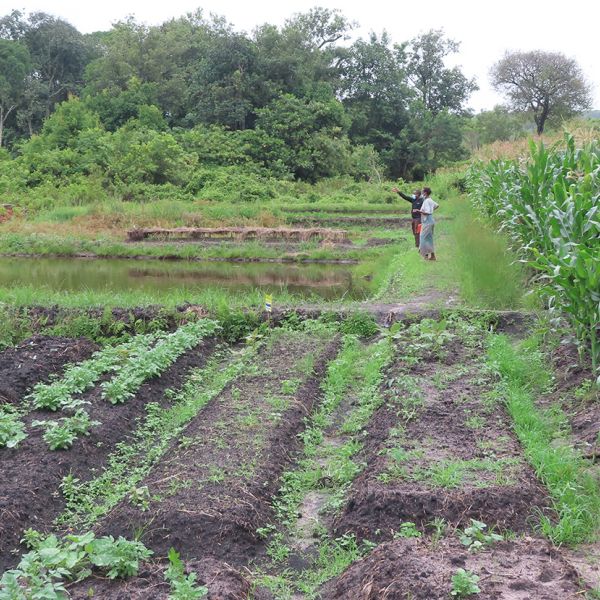
Jan 28, 2025
Researchers explore strategies to aid smallholder fish farmers in Zambia
Fish farming is key to food security in Africa; study shows that optimized agricultural resource management helps fish farmers in Zambia
Full Article
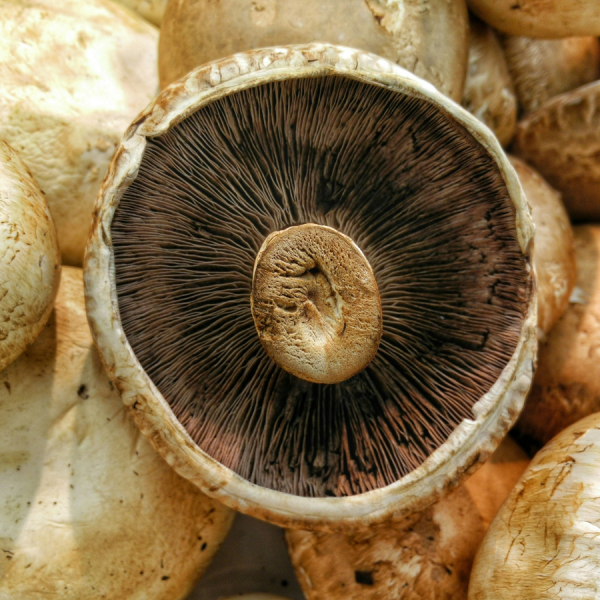
Jan 27, 2025
Harnessing mushroom microbiomes for better crop development
Microorganisms collected from the material in which button mushrooms are grown may benefit the development of future fungi crops, according to a study led by researchers in Penn State’s College of Agricultural Sciences and published in the journal Fungal Biology.
Full Article
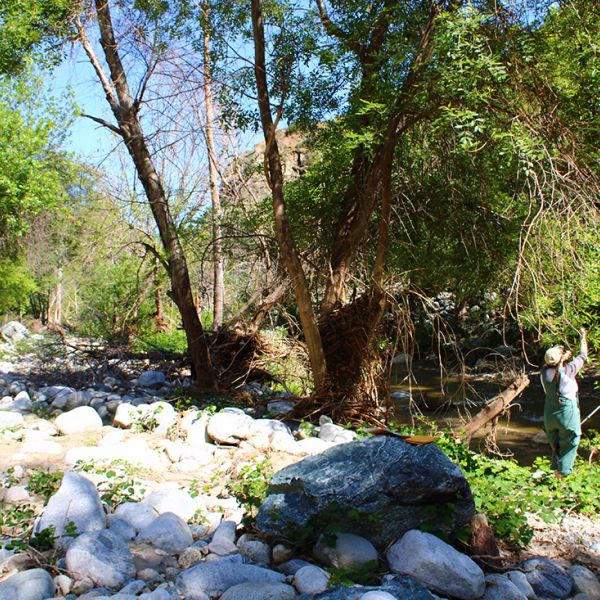
Jan 09, 2025
Ash tree variability may offer restoration path post-beetle decimation
Researchers found that genetic diversity is key to breeding ash trees resistant to emerald ash borers and rising temperatures.
Full Article
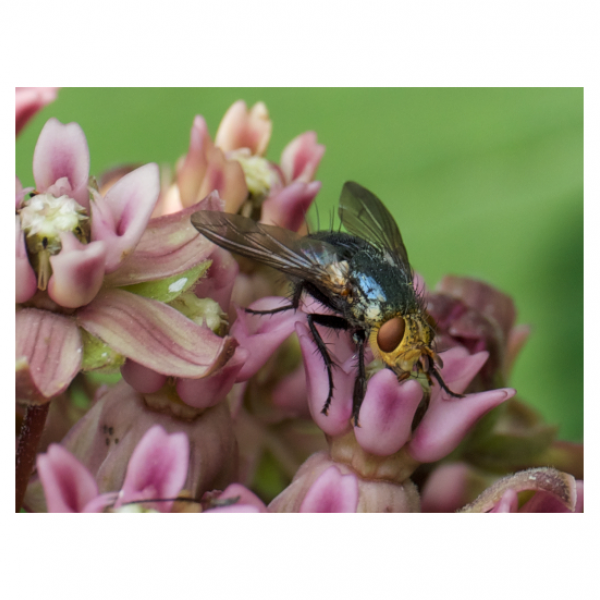
Jan 02, 2025
Pollinators most vulnerable to rising global temperatures are flies, study shows
New research led by Penn State scientists suggests flies are increasingly at risk due to rising global temperatures.
Full Article
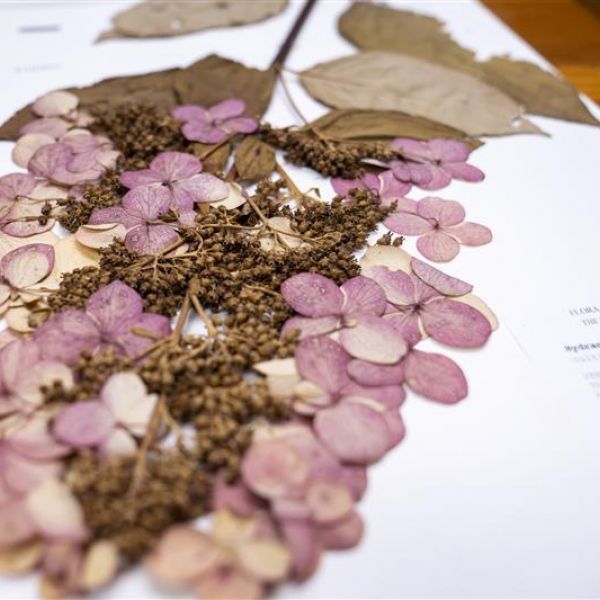
Dec 17, 2024
Penn State Herbarium adds historic perspective to modern research
Boasting a collection of an estimated 35,000 plant specimens form around the world, the Penn State Herbarium is the third largest herbarium in Pennsylvania. Among its holdings are 3,000 plant specimens from the personal collection of Even Pugh, the first president of Penn State.
Full Article

Dec 04, 2024
Q&A: What fossils reveal about ancient Australian forests and fire
Fossil evidence is reshaping the understanding of modern forest management practices used in Australian rainforests, according to researchers.
Full Article
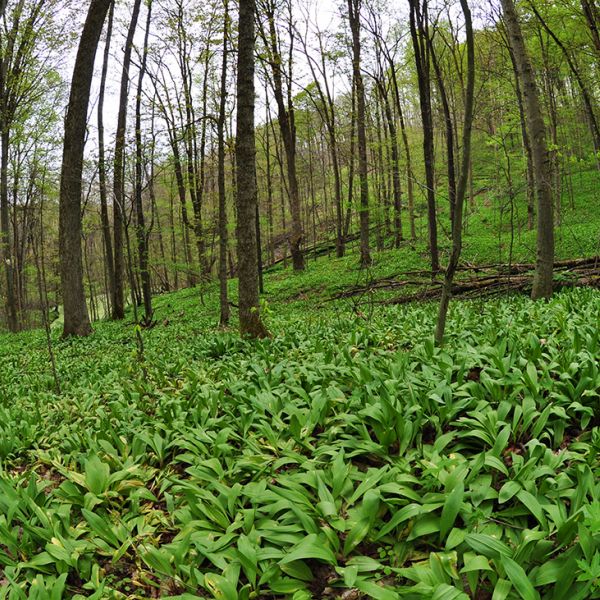
Nov 27, 2024
Better habitats for forest farming wild leeks could help future foraging demands
An interdisciplinary Penn State research team characterized ramp habitat for the first time in Pennsylvania, offering guidance for the agroforestry practice known as forest farming.
Full Article
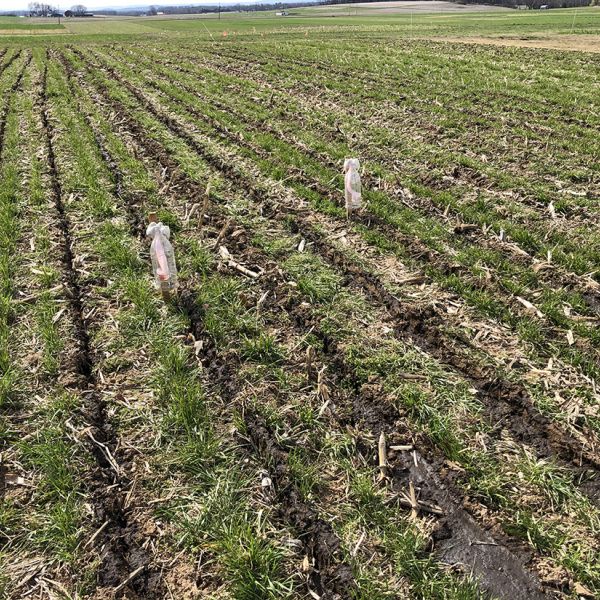
Sep 26, 2024
Injecting manure into growing cover crops can cut pollution, support corn crops
A team of Penn State agricultural scientists conducted a new study on dairy manure management strategies for ecosystem services in no-till crop systems.
Full Article
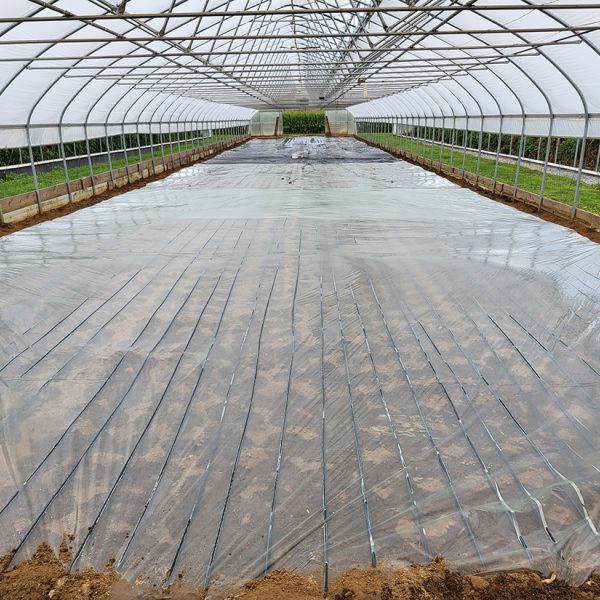
Sep 25, 2024
$1M USDA grant to perfect weed killing method in organic crop production
The U.S. Department of Agriculture (USDA) has awarded a four-year, $1 million grant to a team led by plant scientists and an economist from Penn State to investigate anaerobic soil disinfestation to support transitioning from conventional to organic production systems.
Full Article
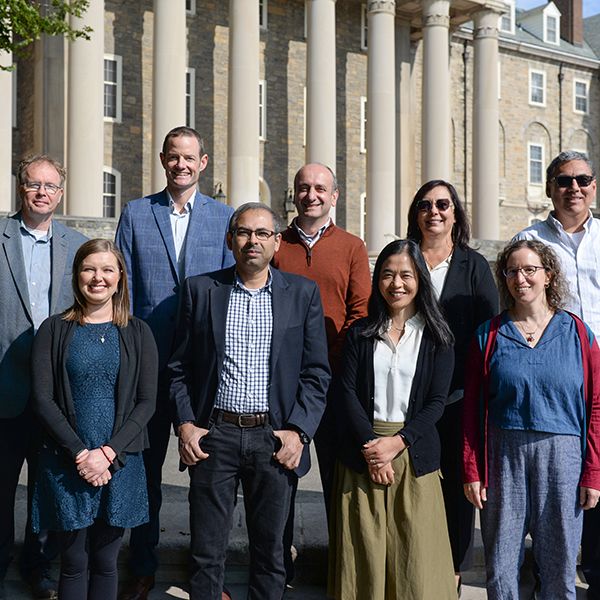
Sep 13, 2024
Nine researchers named Institute of Energy and the Environment Fellows
Nine Penn State researchers have been named fellows of the Institute of Energy and the Environment (IEE) for 2024. The program recognizes and assists the exceptional achievements and unparalleled research impacts of highly successful researchers in the areas of energy and the environment. Nominees for the fellowship were submitted by the University community.
Full Article